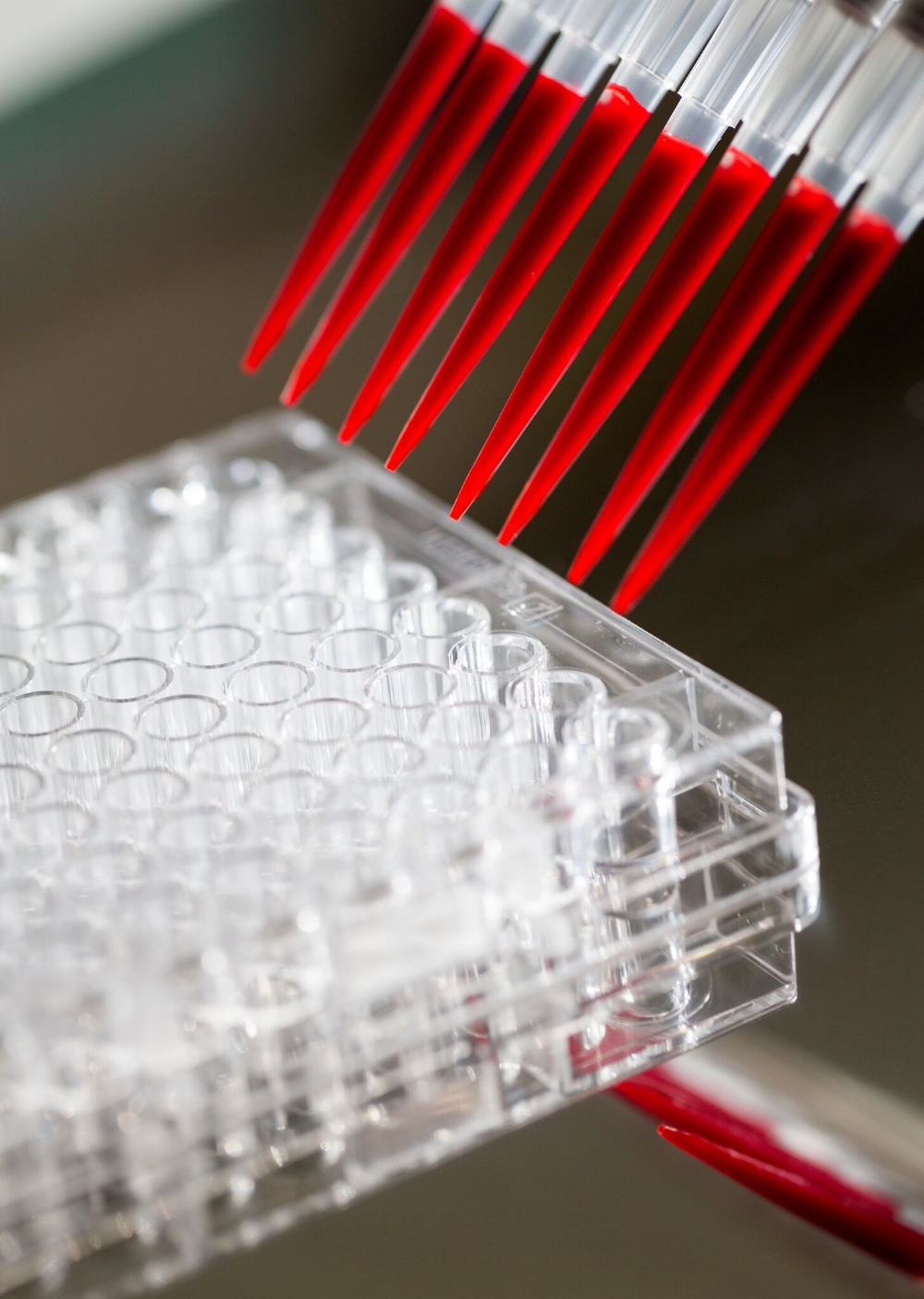 Chronic kidney disease is world wide a major cause of end-stage renal disease (ESRD). These patients require long-term treatment initially with peritoneal dialysis, followed by hemodialysis and kidney transplantation. Each ESRD patient on hemodialysis costs ≈€40000 to €80000 per year, has extremely poor quality of life and an average life expectancy of only 4 years. Kidney transplantation totally changes life for an ESRD patient who can then return to normal life, but the low number of available kidney grafts hampers this treatment. However, all these treatments are associated with severe adverse reactions that cause damaging thromboinflammation, triggered by the intravascular innate immune system, which lead to poor results and non-function.
Chronic kidney disease is world wide a major cause of end-stage renal disease (ESRD). These patients require long-term treatment initially with peritoneal dialysis, followed by hemodialysis and kidney transplantation. Each ESRD patient on hemodialysis costs ≈€40000 to €80000 per year, has extremely poor quality of life and an average life expectancy of only 4 years. Kidney transplantation totally changes life for an ESRD patient who can then return to normal life, but the low number of available kidney grafts hampers this treatment. However, all these treatments are associated with severe adverse reactions that cause damaging thromboinflammation, triggered by the intravascular innate immune system, which lead to poor results and non-function.The overall aim of this project is to clarify the mechanisms and identify nature´s own specific control points of regulation in these adverse reactions in order to be able to significantly improve the quality of hemodialysis devices and kidney grafts by applying these concepts of regulation in hemodialysis and kidney transplantation.
We envisage that conveying a novel soluble complement inhibitor to the clinical stage via phase 1/2a clinical studies, creation of nano-profiled surfaces with low activating properties and generation of easy-to-apply one step-coatings for treatment of biomaterials (hemodialysis) and endothelial cell surfaces (kidney grafts) will revolutionize the treatment modalities of ESRD. The feasible hemodialysis treatment periods are anticipated to be extended, combined with an improved quality of life and in kidney transplantation attenuation of innate immune reactions will prolong the life expectancy of the graft and make kidneys more accessible for transplantation. All the novel techniques can be applied to other types of implantations, extracorporeal treatments and transplantation and in the future be used in xenotransplantation and stem cell therapies.